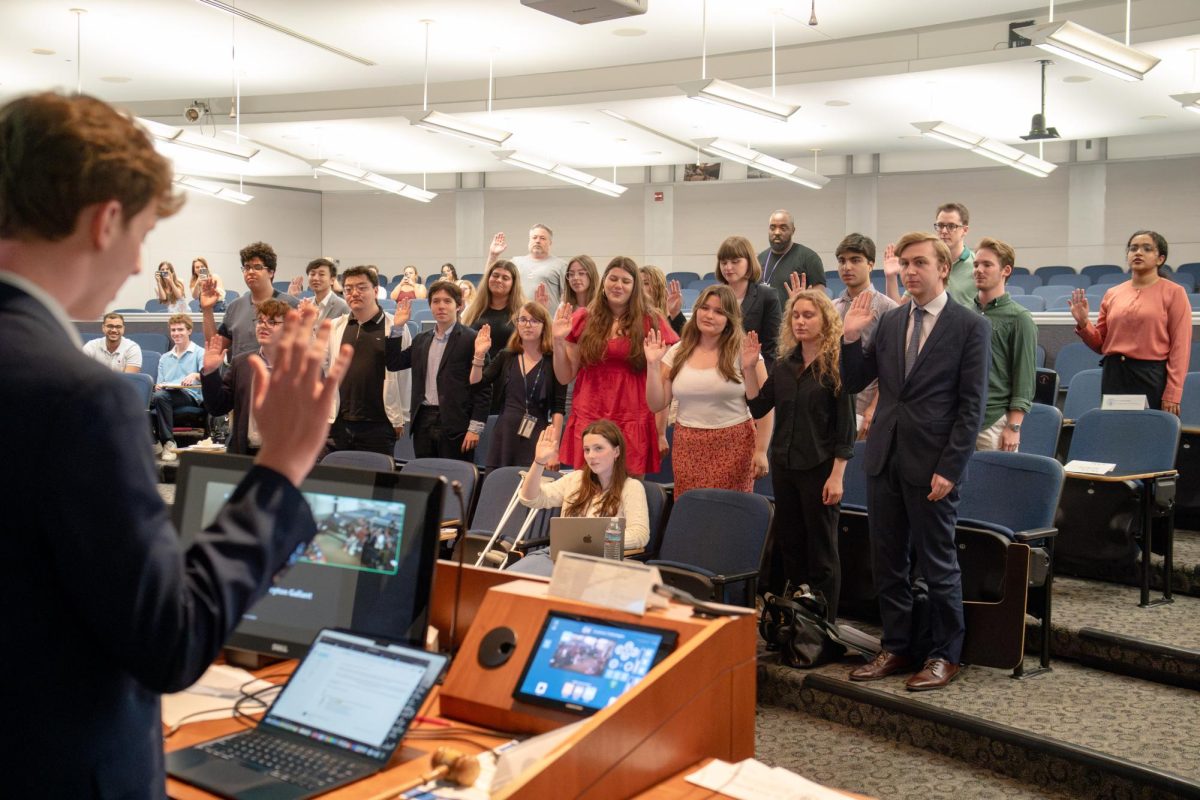The University pocketed a total of $53,550 in housing cancellation fees forked over by about 100 students this spring, about 30 percent higher than last year’s total.
GW Housing Programs levied an automatic $350 fee this semester on students who backed out of a housing slot within five days of receiving an assignment and increased the cost of cancelling a housing contract after that time window to $700.
Last year, the housing office brought in $31,800 in fees from cancelled agreements under a policy that imposed a $350 fine after a five-day grace period.
Director of GW Housing Programs Seth Weinshel defended the policy as a catalyst to clear waitlists quicker by encouraging rising juniors and seniors to finalize their housing decisions and deter students from opting into on-campus housing even when they planned to live off campus.
“It was never about the revenue. It’s about the fact that GW needs to fill the space and lock people in at some point,” Weinshel said. “The whole purpose of the fees is to deter students from applying to see what they would get. What we’re trying to do is get students to understand their decisions.”
About 70 of the 472 students placed on the waitlist were still waiting for a housing assignment as of May 9. At this time last year, about 200 students were still waitlisted.
Weinshel said the numbers are evidence that the fee deters students from applying when they planned to pursue off-campus housing and gives students who opt into GW housing a better chance.
Weinshel said the funds from fees will funnel back into the housing budget and be used to pay for building operations like housekeeping and minor repairs.
A total of 41 students paid the $350 fee and 56 students paid $700 to cancel housing for next fall.
The office expects to remove the remaining 70 students from the waitlist in the next two weeks.
Weinshel said the office clears the waitlist every year, typically around the end of finals period, and fills residence halls at “very close to 100 percent” capacity.
Exemptions were not offered to students with financial aid, because the fee was optional and communicated “up front,” Weinshel said.
Jacob Thayer, president of the Residence Hall Association, which approved the fee increases by vote earlier this year, said the fee made some students think twice before signing up for housing but caught others off guard.
“In the future, RHA will work on making sure that iHousing policies are publicized better so students don’t feel like they’re being taken advantage of,” Thayer said.







